Is Water Safe to Drink During a Fast?
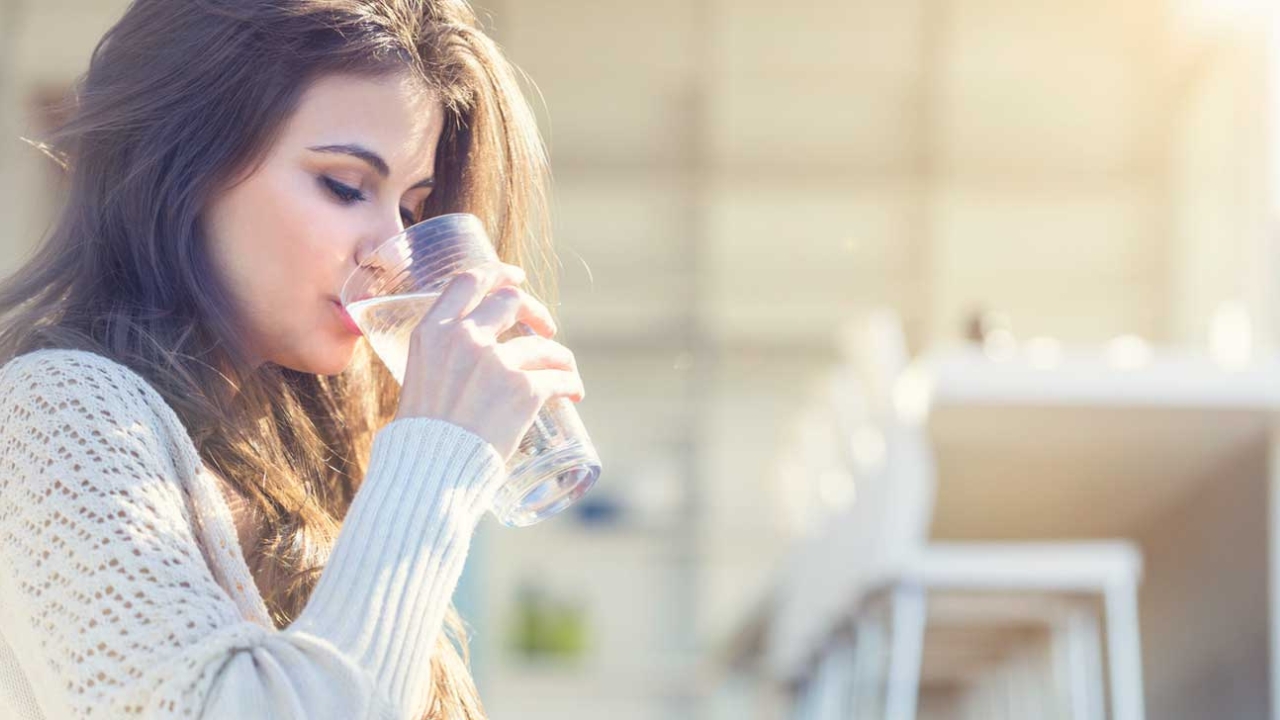
Short-term In many different cultures, fasting has a long history, and this can be attributed to either religious beliefs or the fact that there was not always access to food.
In the most recent few decades, fasting has emerged as a popular method for reducing excess body fat, improving overall health, and delaying the aging process.
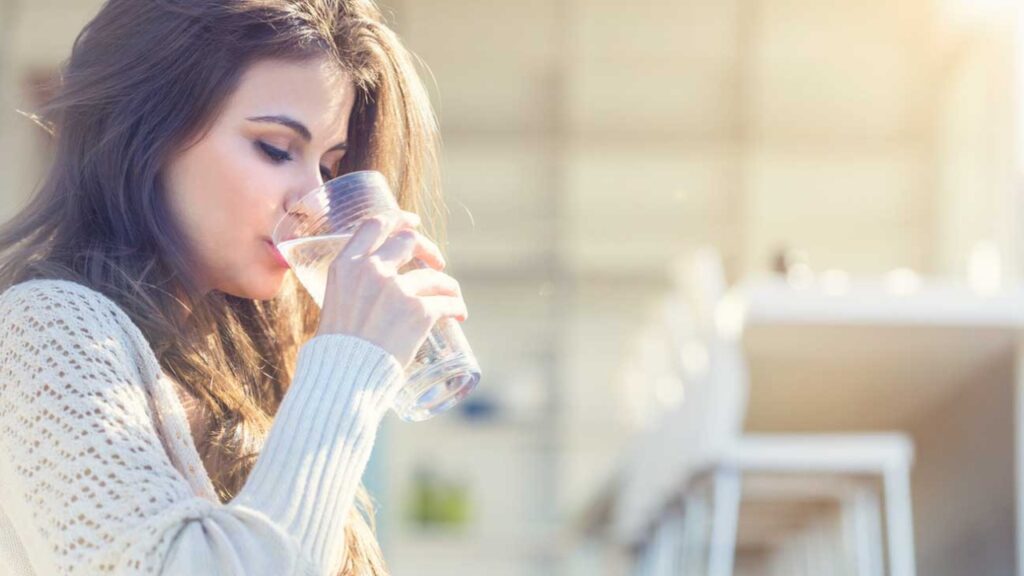
When fasting, people tend to avoid eating whole foods, but there are still many unanswered questions regarding liquids. For instance, while you’re fasting, are you allowed to drink water? If that’s the case, what kinds of beverages are OK, and which ones are not?
What is fasting?
Abstaining from food on purpose is the practice of fasting. However, there are a few different ways to fast. During a water fast, one does not consume any food at all for a time ranging from 24 to 48 hours.
In the practice of intermittent fasting, you eat during a feeding window (while continuing to consume the same foods you would on a normal day), and then you fast for the remaining time; one common option is to go without food for 16 hours before eating again for 8 hours.
Some people might decide to eat once every two days, while others might want to follow the 5:2 diet, which requires them to eat normally for five days in a row and then cut back on their calorie consumption for the remaining two days.
“Fat” fasting allows for pure fatty foods such as coconut oil and MCT oil, in addition to water. Both food and beverage intake are limited during a dry or absolute fast. A trained medical practitioner can advise you on the type of fasting regimen that will be most beneficial to achieving your desired state of health.
Can I drink water while fasting?
Water consumption is permitted and encouraged throughout the fasting period. During a dry fast, you do not consume any foods and are only allowed to sip water.
Those who engage in the practice of fasting often have a higher water intake requirement than the standard daily recommendation of two liters. This is due to the fact that people who fast consume fewer items, such as fruits and vegetables, which are responsible for around one-fifth of the body’s total water intake.
According to a number of studies, both water fasting and intermittent fasting are beneficial practices that bring about a number of positive outcomes. The following is a condensed explanation of the water fast: It is associated with maintaining a healthy weight and may assist in delaying the aging process.
In addition, specialists believe that they improve the health of both the brain and the heart, help maintain appropriate levels of blood sugar, reduce inflammation, and may even help prevent cancer.
People who celebrate the Muslim holiday of Ramadan abstain from eating and drinking from sunrise to sunset for a period of one month. However, they are permitted to consume food and drink outside of the fasting period.
Can I drink water with blood tests?
In order to get the most accurate results from a fasting blood test, including a fasting glucose test, it is best to eat or take certain medications between 8 and 12 hours before the test. During the time when you are supposed to be fasting, you are not prohibited from drinking water.
Before undergoing medical treatment or surgery, your doctor may advise you to refrain from drinking water for a certain amount of time (for example, a couple of hours).
When fasting, what may I drink?
It is dependent on the kind of fast that you are doing. The following is a basic rundown of the types of liquids that are permitted during fasting.
During a period of time during which you are only allowed to consume water, it is possible to subject yourself to what is known as a” strict water fast. ” There are additional techniques of fasting that permit beverages such as black coffee, tea, carb-free flavored water, or vitamin water.
Water drinks
Lemon water
During your fast, you can drink water with lemon. Lemon water isn’t just good for keeping you hydrated; it also has some nutrients in it, such as vitamin C, and trace levels of other vitamins and minerals, like potassium, iron, and B vitamins.
Sparkling water
While you’re on a fast, drinking sparkling water is just as beneficial as drinking ordinary water. Man-made sparkling water is injected with carbon dioxide (seltzer water) or occurs naturally in mineral springs. Minerals of vital importance, such as magnesium, calcium, and potassium, can be found in carbonated water.
Flavored water
The retail outlets offer a wide variety of different choices. Stevia, a natural, calorie- and carbohydrate-free sweetener, is used in the production of products such as Zevia. Stevia does not cause an increase in insulin levels.
There are brands of flavored sparkling water that are sugar-free, such as Bubbly. Another popular beverage that can be consumed even while fasting is flavored seltzer water. However, you should stay away from flavored waters that also include added sugar.
Vitamin water
Avoid using any kind of formulations because the vast majority of them contain sugar. Nevertheless, it is not forbidden to consume zero-carb versions of foods when on a fast.
Beverages
The majority of fasting regimens permit beverages such as water, black tea, and coffee. The so-called “fat” fasting allows for the consumption of fats because the breakdown of the fast is not caused by pure fats.
On the other hand, it is best to stay away from beverages that include carbohydrates and protein while you are fasting because they will break your fast.
Coffee
Coffee in its natural state, coffee sweetened with stevia, and coffee flavored with spices like cinnamon or cardamom do not pose any health risks.
On the other hand, it is strongly recommended that you abstain from consuming any beverages that contain sugar, maple syrup, honey, agave, milk, or any alternative dairy products while you are fasting.
Those who engage in “fat” fasting are allowed to eat “Bulletproof coffee,” which contains additional fats in the form of coconut oil or MCT oil and is known as “Bulletproof.”
Tea
Because they suppress appetite, tea and coffee with caffeine are two beverages that could make it easier to keep the fast going. Tea can be enjoyed either unsweetened or with stevia added.
Other drinks
Because beverages that contain carbohydrates or proteins, such as coconut water, juices, or hot chocolate, as well as alcoholic beverages, such as beer and wine, will break a fast, it is important to steer clear of all of these types of drinks while you are fasting.
Protein drinks
Although carbs are more commonly associated with breaking a fast, proteins are also capable of doing this function. While you are on water fast, you should not drink any protein shakes.
If you engage in the practice of intermittent fasting, you won’t be able to consume protein shakes during the fasting window; however, you should feel free to include them alongside other protein-rich foods as part of a well-balanced diet.
Amino acids are the building blocks of proteins, and certain supplements include either one or multiple amino acids. During a period of fasting, it is permissible to take some amino acids and associated compounds, including beta-alanine, betaine, D-aspartic acid, carnitine, and creatine.
However, branched-chain amino acids, also known as BCAA, should not be consumed. Products made from soy, corn, poultry, baked beans, and lentils are examples of foods that are rich in BCAAs.
What drinks to avoid when fasting?
During a water-only fast, the only thing you should consume is water, whether it be still water, sparkling water, or zero-carb water supplemented with electrolytes. Some forms of the water fast also involve drinking water that has been flavored with lemon or peppermint leaves.
Other excellent choices are flavored beverages with no calories or carbohydrates that are sweetened with stevia, as well as sugar-free vitamin water. Aim to drink at least two liters of water on a daily basis.
Because they contain calories that come from carbohydrates and proteins, all other liquids, including protein shakes, milk (and its vegan substitutes), smoothies, alcoholic beverages, juices, and any other beverage, should be avoided because they are considered to break the fast.
- Your Ultimate Guide to Travel Insurance for Adventure Sports
- A Guide to Renters Insurance for Pet Owners: Pet-Proof Your Policy
- Safeguard Your Future: Understanding Identity Theft Insurance
- Safeguard Your Event: Understanding Event Cancellation Insurance
- Everything You Need to Know About Critical Illness Insurance Riders
- Home Equity Loans vs. HELOCs: Which is Right for You?





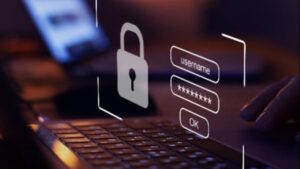




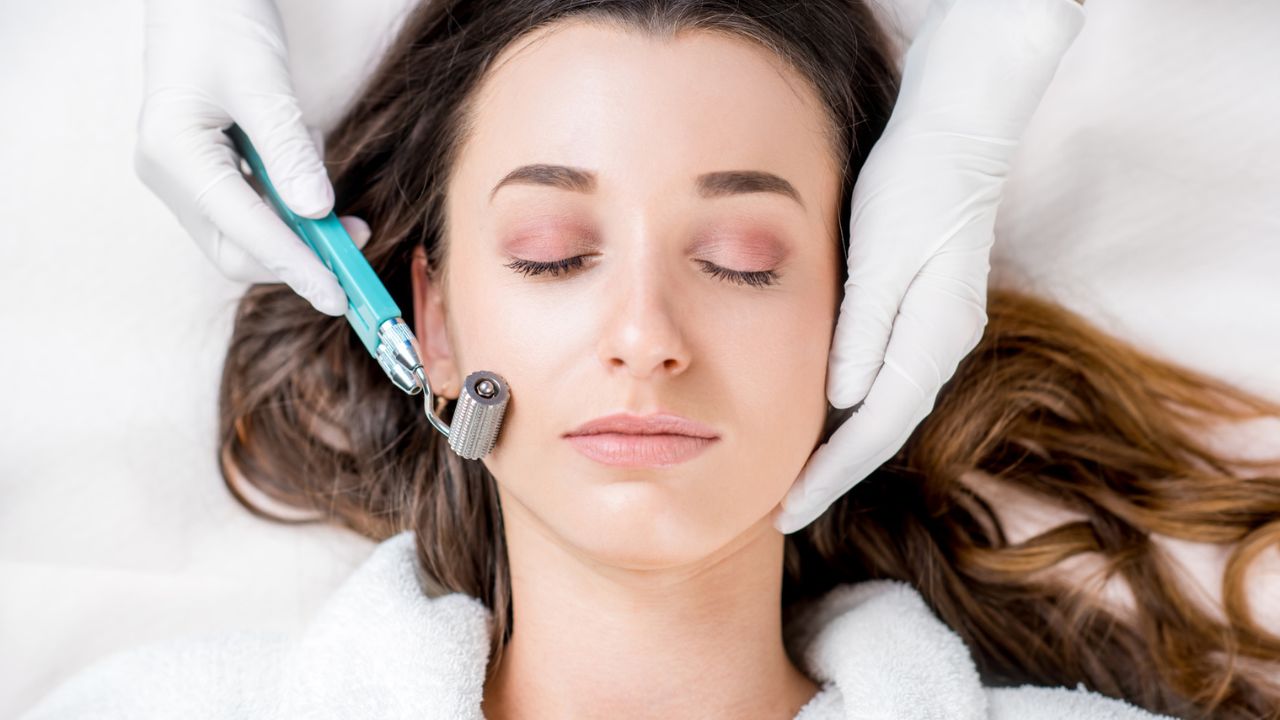
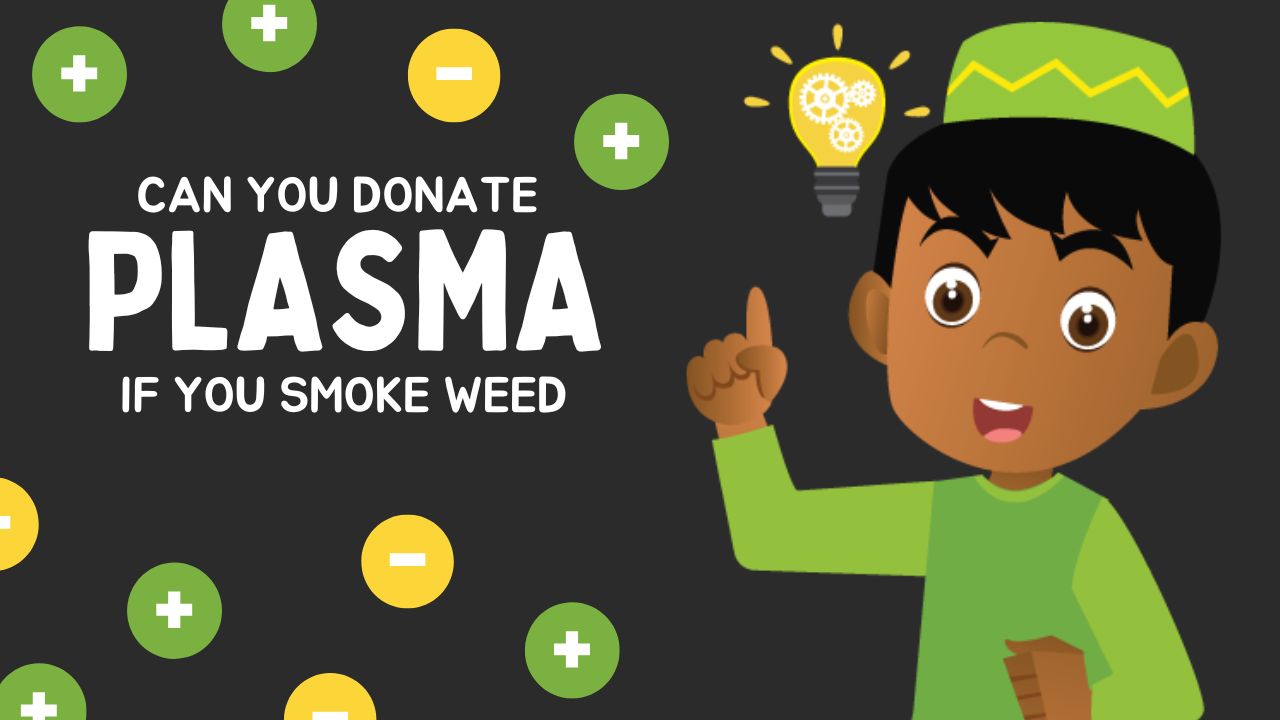

One Comment